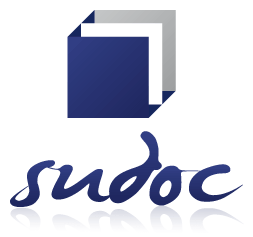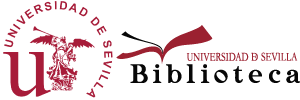Fundamentos teóricos y estrategias para la producción de textos en el aula desde la perspectiva motivacional, lingüística y cognitiva
Theoretical Foundations and Strategies for the Production of Texts in the Classroom from the Motivational, Linguistic and Cognitive Perspective
Abstract
This article constitutes the analysis of various theories and linguistic models, under the guidance of action research, with the purpose of determining the elements that will contribute to generating strategies for the production of texts in the classroom from the motivational, linguistic and cognitive perspective. This research was developed with students from the University of Guayaquil, Faculty of Philosophy, Chair Fundamentals of Research Epistemology. The theoretical foundations of Karmiloff-Smith, Hayes, Vílchez and Villasmil were considered in the development of the research, taking from them their contributions on the relationship between writing and cognition, the importance of emotional states, the writing process and the structure of the semantics. The results in the classroom were the expression of creativity through the construction of narrative texts in which the students were able to express in writing what they want to say, thereby demonstrating the acquisition of knowledge in an organized and appropriate way.
Downloads
References
Austin, J. Cómo hacer cosas con las palabras. Paidós. Barcelona. 1982.
Searle, J (1980). Actos de habla. Ed. Cátedra. Madrid. 1980.
Parodi, G. Comprensión de textos escritos. Eudeba. Buenos Aires. 2005.
Caldera R. Enseñanza-aprendizaje de la escritura. Una propuesta a partir de la investigación-acción. Casa Blanca. Mérida. 2006.
Martínez, R. Trucco D. Amalia Palma, A. El analfabetismo funcional en América Latina y el Caribe. Panorama y principales desafíos de política. CEEPAL https://repositorio.cepal.org/bitstream/handle/11362/36781/1/S2014179_es.pdf
Hayes, J. A new framework for undersantnding cognition and affect in writting en L. Ransdell (Ed). The science of writing language. Mahwah, NJ: Lawrence Eribahum. 1996.
Vílchez, M. Aspectos gramaticales que marcan la textualidad. Tesis de grado para optar al título de Doctor en Ciencias Humanas. Universidad del Zulia. Maracaibo-Edo Zulia. 2005.
Villasmil, Y. Modelo lingüístico-cognitivo para la construcción de la microestructura semántica en textos expositivos. Tesis de grado para optar al título de Doctor en Ciencias Humanas. Universidad del Zulia. Maracaibo-Edo Zulia. 2012.
ARNAEZ M, Pablo. La lingüística aplicada a la enseñanza de la lengua: una línea de investigación. Letras [online]. 2006, vol.48, n.73, pp. 349-363. ISSN 0459-1283.
Karmiloff-Smith, A. Más allá de la modularidad. Madrid: Alianza Editorial. Madrid. 1992-1994
Van Dijk, T. y Kinsth, J (1983). Estructura y funciones del discurso. Siglo Veintiuno Editores. México. 1983.
Flower, L. y Hayes J. A cognitive process theory of writing. College and composicion and communication. 1981.
Lacon N y Ortega S. Producción de textos escritos. Universidad Nacional de Cuyo. Buenos Aires. 2003.































